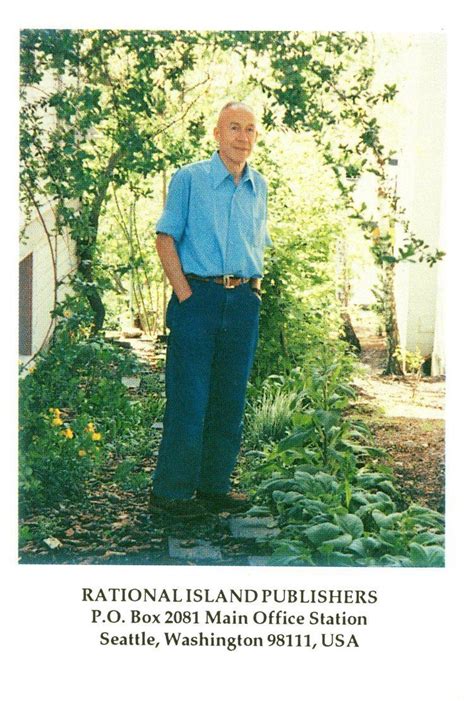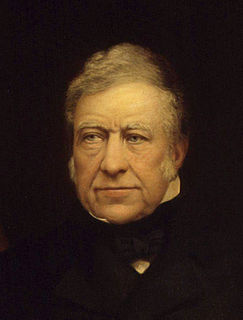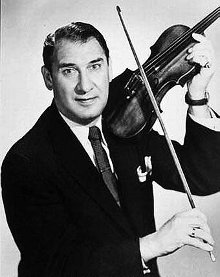A Quote by Harvey Jackins
The person... in the grip of an old distress says things that are not pertinent, does things that don't work, fails to cope with the situation, and endures terrible feelings that have nothing to do with the present.
Related Quotes
Love is patient, love is kind, and is not jealous; love does not brag and is not arrogant, does not act unbecomingly; it does not seek its own [will], is not provoked, does not take into account a wrong suffered, does not rejoice in unrighteousness, but rejoices with the truth; bears all things, believes all things, hopes all things, endures all things.
Across the Atlantic, commercial therapy of all kinds provides so many more comfortable outlets for people when they are under pressure. The English tradition is to get a grip, whereas the American version is to get in touch with your feelings, to say: 'I'm a good person. Isn't it terrible when bad things happen to people like me?'
But feelings, no matter how strong or “ugly,” are not a part of who you are. They are the radio stations your mind listens to if you don’t give it something better to do. Feelings are fluid and dynamic; they change frequently. Feelings are something you HAVE, not something you ARE. Like physical beauty, a cold sore, or an opinion. Admitting you feel rage or terrible pain or regret or some old, rotten blame does not mean these feelings are part of who you are as a person. What these feelings mean is, you have to change your thinking to be free of them.
Love flies, runs, leaps for joy; it is free and unrestrained. Love gives all for all, resting in One who is highest above all things, from whom every good flows and proceeds. Love does not regard the gifts, but turns to the Giver of all good gifts. Love knows no limits, but ardently transcends all bounds. Love feels no burden, takes no account of toil, attempts things beyond its strength; love sees nothing as impossible, for it feels able to achieve all things. Love therefore does great things; it is strange and effective; while he who lacks love faints and fails.
Ester asked why people are sad. "That’s simple," says the old man. "They are the prisoners of their personal history. Everyone believes that the main aim in life is to follow a plan. They never ask if that plan is theirs or if it was created by another person. They accumulate experiences, memories, things, other people's ideas, and it is more than they can possibly cope with. And that is why they forget their dreams.
There is nothing that you can do to change the present moment. It simply is. You may be able to change the situation one second, one minute, one hour, or one day from now, but there's absolutely nothing you can do to change the way things are right here and now. By not getting irritated you will be more effective in doing what needs to be done to change the situation for the next moment.
Each situation is different... Each situation, I'm a different person I guess. He's present; the actors are present; and you just work in that moment, trying to flush it out. We have history from Assassins and Wicked, but it's always new beginnings between us. You start off fresh and that's what I like and respect about him.
I always wonder when people have any kind of spiritual and meditative practice especially if it's one designed in part to help them cope with things that seem unmanageable and to cope with something like death, if they're able to maintain that practice and maintain the equanimity at the time of death whether it's, you know, that person's or that person's loved one.
A good book deserves an active reading. The activity of reading does not stop with the work of understanding what a book says. It must be completed by the work of criticism, the work of judging. The undemanding reader fails to satisfy this requirement, probably even more than he fails to analyze and interpret. He not only makes no effort to understand; he also dismisses a book simply by putting it aside and forgetting it. Worse than faintly praising it, he damns it by giving it no critical consideration whatever.
Everybody knows how awful the world is and what a terrible situation it is and each person distorts it in a certain way that enables him to get through. Some people distort it with religious things. Some people distort it with sports, with money, with love, with art, and they all have their own nonsense about what makes it meaningful, and all but nothing makes it meaningful. These things definitely serve a certain function, but in the end they all fail to give life meaning and everyone goes to his grave in a meaningless way.
































